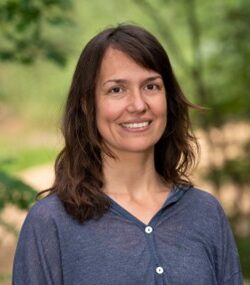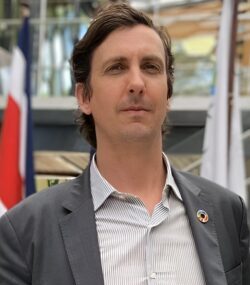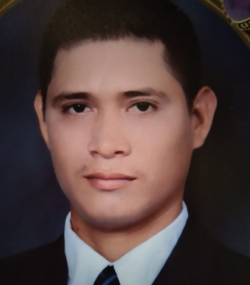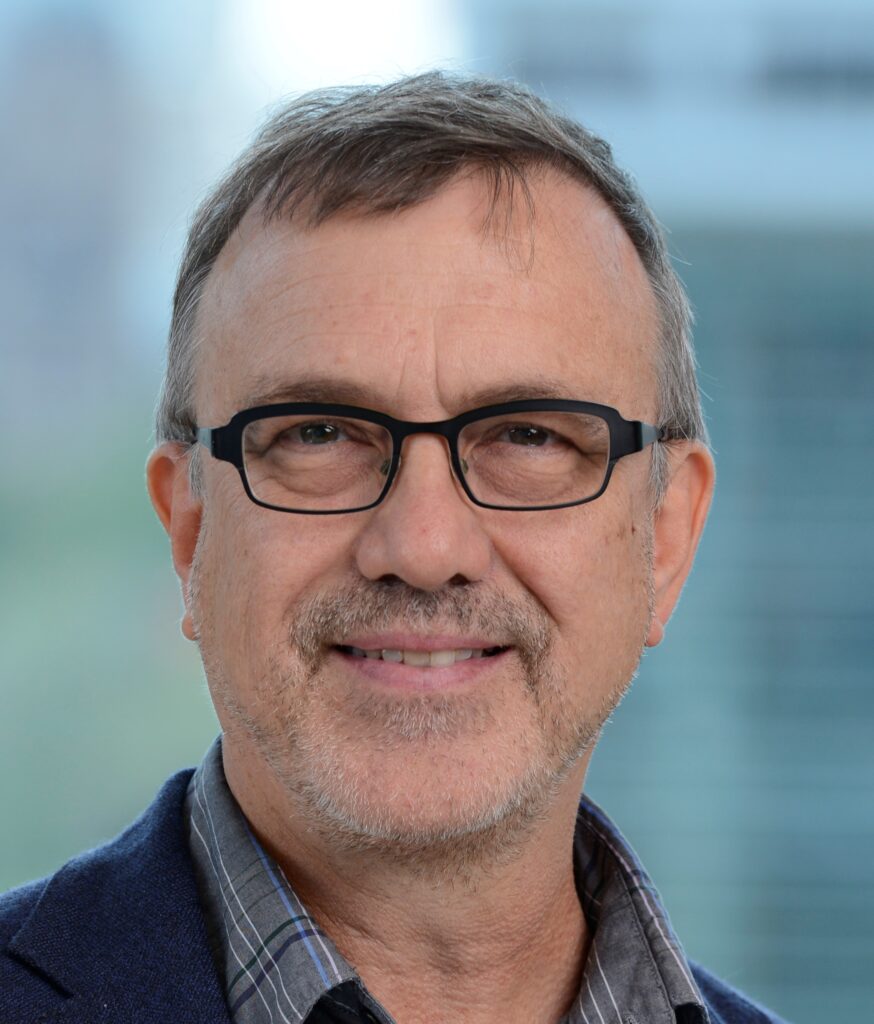Keynotes
THOMAS RUSTEMEYER
Lecture: Allergic contact eczema and occupational exposure: a doctor-patient interaction

Thomas Rustemeyer is professor of dermato-allergology and occupational dermatology at the Department of Dermatology-Allergology at the Amsterdam University Medical Centers (AUMC), The Netherlands. He is a supervisor of immunological research. He started his clinical training under supervision of Peter Frosch in Dortmund, Germany, and then moved to Amsterdam for education in fundamental immunology. After gaining his PhD he restarted his dermatological training at AUMC. He joined the department of Derk Bruynzeel and was further trained in dermato-allergology and occupational dermatology. Rustemeyer then later become responsible for this department.
He has been active in supervising patient’s care and research addressing fundamental immunological as well translational research topics. He is (co-)author of over 300 publications and editor of different textbooks, and is a member and/or chairperson of various national and international societies active in dermato-allergology, immunology and occupational health, including governmental and regulatory affairs.
BERNICE SCHOLTEN
Lecture: Evidence synthesis: Can AI help?

Dr. Bernice Scholten works as toxicologist at the Netherlands Organisation for Applied Scientific Research (the Netherlands). Her major research interests include the use of novel methods and data for chemical risk assessment. The focus of her research activities is on the application of artificial intelligence tools to further improve evidence synthesis. With her expertise on human biomechanisms she aims to contribute to the use and interpretation of biomarkers in risk assessment, and as such contribute to further improve chemical risk assessment.
JASON GLASER & WILLIAM MARTÍNEZ
Lecture: From evidence synthesis to action: the case of occupational heat stress and chronic kidney disease

Jason Glaser is the CEO of La Isla Network, an organization dedicated to ending heat-related illnesses among workers worldwide. He leads efforts to develop data-driven solutions and scalable interventions, partnering with industries, governments, and global institutions. Focused on advancing research and policy to protect at-risk workers, Jason was recently named to TIME’s 100 Next list for his groundbreaking work in occupational health and sustainable labor systems.

William Martinez is an industrial engineer from Nicaragua. His community was personally affected by the epidemic of chronic kidney disease driven by heat stress in the sugarcane communities of Nicaragua. He is currently finishing his Masters in Occupational Health. William is in charge of coordinating field activities at the Adelante Center of Excellence. He follows up with the study participants, completes field visits, conducts occupational assessments, and evaluates physical indicators for the study participants in the field.
PAUL DEMERS
Lecture: Challenges and limitations of using epidemiology to establish occupational causality for chronic disease cases

Dr. Paul Demers is the scientific director of the Occupational Cancer Research Centre in Toronto. He is a professor with the Dalla Lana School of Public Health at the University of Toronto. He is an epidemiologist whose research focuses on better understanding the causes and prevention of occupational Cancer and other chronic diseases. He has been a member of many national and international expert panels and Committees dealing with occupational and environmental cancer for organizations such as the International Agency for Research on Cancer, UN Environment Program, US National Toxicology Program, US Institute of Medicine, and Health Canada.

